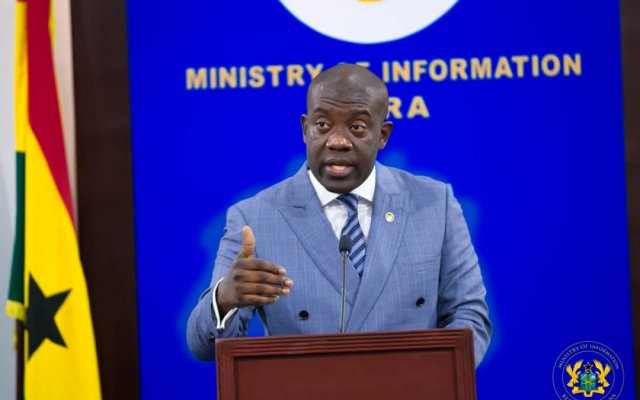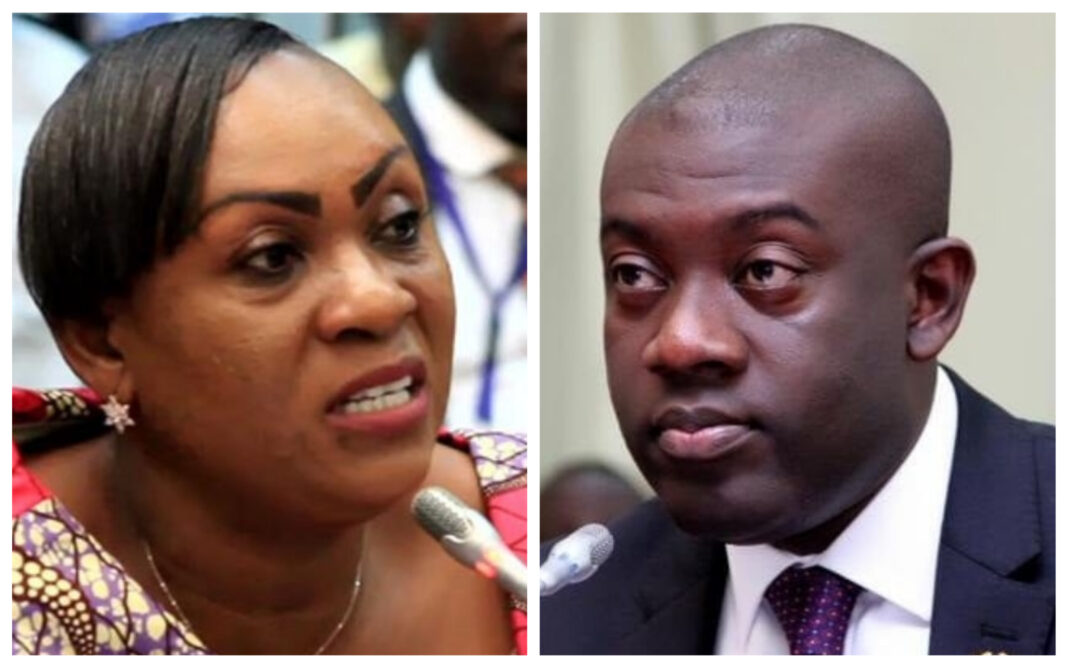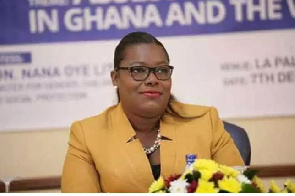Broadcasting Bill to be laid before Parliament next yea

The Broadcasting Bill is to be laid before Parliament in January, next year. The law, among others, seeks to arrest the falling standards in Ghana’s electronic media space and ensure it embraces modern best practices.
The Minister of Information, Mr Kojo Oppong Nkrumah, who announced this in Accra yesterday at the 2019 celebration of the International Day to End Impunity for Crimes against Journalists, said the government intended to pass the bill into law before the end of next year.
“This meeting of Parliament is focusing on the budget. When we resume in January, it is our expectation that all the internal communications within the stakeholder groups would have been completed and we can lay a draft before Parliament,” he said.
The current Broadcasting Bill was drafted in 2012.
Mr Nkrumah said his outfit had formally started writing to interested groups to give their thoughts on the draft, adding that “just as we got the Right to Information Bill through together, we can get this one through as well”.
Despite improvement in media freedom in the country, there is dissatisfaction in some quarters about the absence of transparency in frequency allocation by the National Communications Authority, the institutional weakness of the National Media Commission in punishing errant media houses and journalists, and the growing tendency for broadcast of pornographic materials and profane language by the media.
Statistics
Statistics from the Media Foundation for West Africa indicates that from February 2018, to March 2019, there were at least, 12 cases of press freedom violations, including murder, assault and attacks on media houses, arbitrary arrests and detentions, threats and torture.
A Daily Graphic report of March 19, 2019, revealed that not a single security person had been prosecuted for their alleged involvement in attacks of more than 25 journalists and media employees since 2006.
The minister described the situation as worrying but said the fight against impunity was one that needed collaboration and not pitting one camp against the other.
Mr Nkrumah said Ghana’s Coordinated Mechanism for the Safety of journalists, prepared by stakeholders in the media industry, including the Ghana Journalists Association, Media Foundation for West Africa, UNESCO and the security services, was ready and would be unveiled before the end of the year.
Advice
The Chairman of the National Media Commission (NMC), Mr Yaw Boadu-Ayeboafoh, advised journalists to ensure that anytime they were attacked, they reported the assault to the commission.
He said the commission was obliged to capture such attacks in its report to Parliament to be discussed by the House for remedial measures to be taken.
The chairman said it was part of the commission’s measures to ensure that journalists were not treated with impunity, adding “when media people are attacked and no investigation is done, it means impunity is being applied against another form of impunity”.
Mr Boadu-Ayeboafoh urged the media to fight for themselves first, before taking on the battle for others.
Attacks not investigated
The UNESCO Representative to Ghana, Mr Abdourahamame Diallo; the President of the GJA, Mr Roland Affail Monney, and the MFWA Programme Officer for Freedom of Expression, Mr Muheeb Saeed, recalled the murder of investigative journalist, Ahmed Hussein, by unknown gunmen at Madina, a suburb of Accra, and called for speedy investigations into the incident for justice to be served.
According to data from UNESCO, only 10 per cent of attacks on journalists had been investigated and the perpetrators punished.
Mr Affail Monney said atrocities against journalists had an effect on freedom of the press and expression.
While acknowledging that such phenomenon was not the case in Ghana, he said the death of Mr Suale had “failed to decapitate the iron-clad resolve of the Ghanaian media to probe issues of corruption, conflict of interest and abuse of office in general”.
Source: Graphic.com.gh





